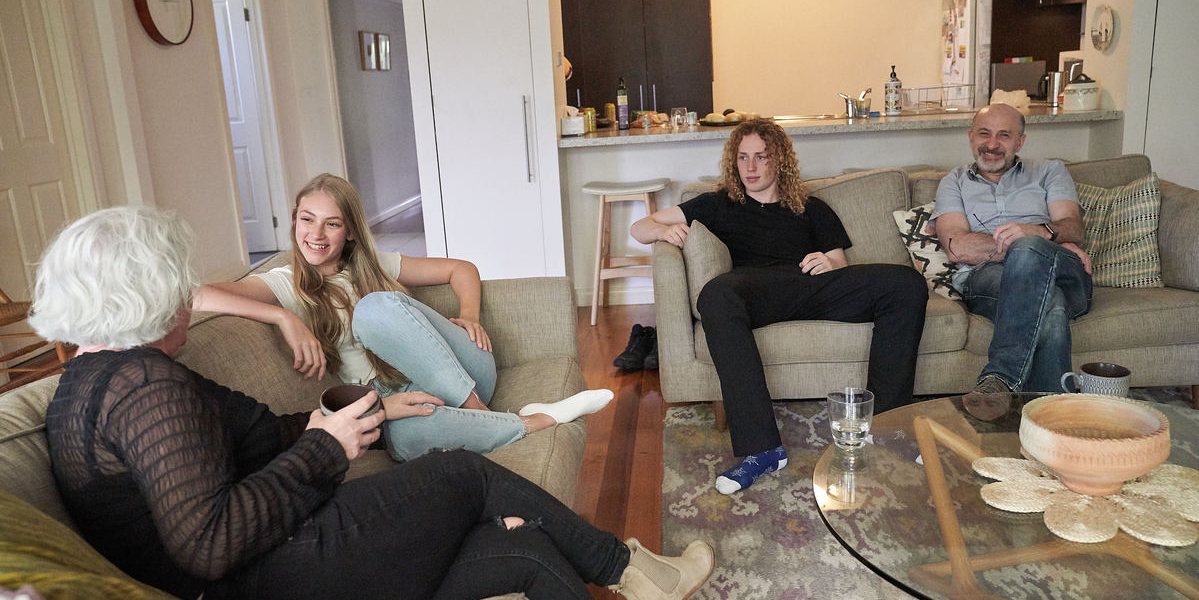
People who have a sibling with mental ill-health experience higher levels of psychological distress than those who don’t have a sibling with mental ill-health, a new Orygen study has found.
The study, the first to review literature on psychological distress in siblings of people with mental ill-health, also examined what aspects of siblings’ lives are linked with their distress.
“Siblings are a very important part of the family unit, yet they’re often overlooked when it comes to families of people with mental ill-health,” Anuradhi Jayasinghe, lead author of the study, said.
“There’s very little available to them in terms of clinical care and little research undertaken that considers their particular challenges and needs.”
Published in Australian and New Zealand Journal of Psychiatry, the review examined 15 studies involving 2304 adolescent and adult siblings.
“When we brought the available evidence together, we found that people who have a sibling with mental ill-health experience greater symptoms of depression and anxiety than those who don’t” Jayasinghe said.
“But we also wanted to understand the factors that relate to siblings’ distress.
“The evidence suggests that siblings who feel less in control of their life or evaluate their sibling relationship more negatively experience higher levels of distress.
“Individuals who felt their sibling’s mental ill-health had negatively impacted their own social relationships also tended to experience more distress,” Jayasinghe said.
The findings highlight a need for family-focused interventions.
“The study highlights the need for clinicians to consider not only to the individual they are seeing, but also their families including siblings,” Jayasinghe said.
“Clinicians should be informing families that when one child is struggling with mental ill-health it’s very common for siblings to experience their own mental health challenges. To help siblings, clinicians can provide families with referrals to digital mental health services and local support groups.
“We also need to address the large gap in research on this topic ensuring future research translates to better clinical care for this vulnerable group.
“Understanding the challenges faced by siblings and how we can best support them is an important part of how we can help people with mental ill-health as well as their families in a holistic way,” Jayasinghe said.